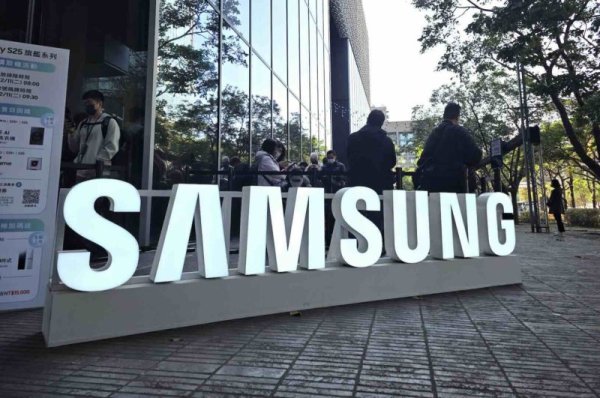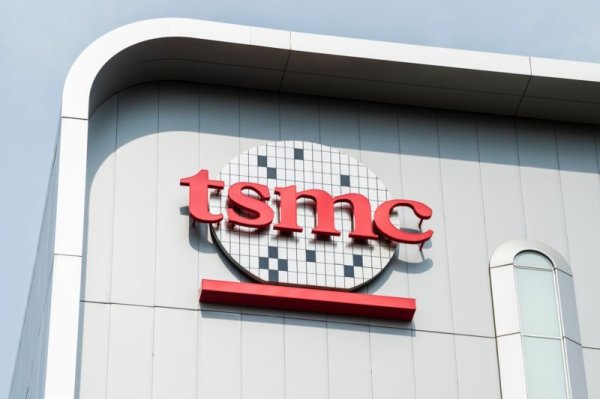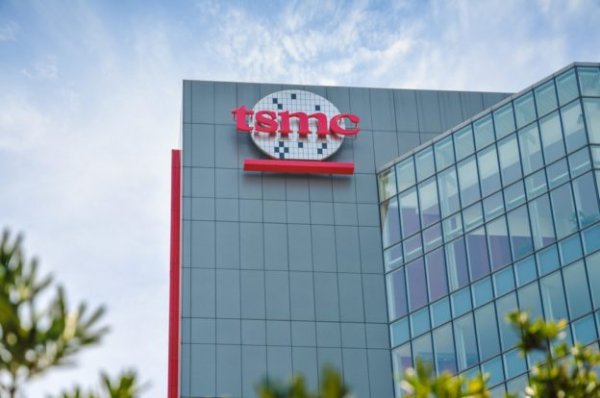Replenish the shareholding? In addition to Intel, the U.S. Commerce Department also considers investing in chip industry such as Taiwan Electric.

Two sources revealed that U.S. Commerce Secretary Howard Lutnick is studying whether the federal government can hold shares in semiconductor manufacturers that are subsidized by the chip bill and used in U.S. construction factories.
White Palace News Secretary Karoline Leavitt recently confirmed that Lutnick is in talks with Intel about the details of the government's 10% stake, which will make the US government the largest shareholder of Intel. He said, "The president wants to put American interests first, whether it is national security or economic aspects, this is an unprecedented innovative idea."
To expand the project, Lutnick is considering whether the US government can use the chip bill funds to acquire shares in companies such as Micron, Taiwan Power and Samsung. Most of the funds have not been paid yet.
In addition to Intel, memory chip maker Micron is the biggest beneficiary of the US "Diagram Act".
Lutnick previously stated on CNBC that the United States will not interfere with Intel's decisions, but any investment will be unprecedented, representing that the United States' influence on large enterprises has entered a new era. In the past, the U.S. government has held corporate equity to provide funds and build confidence when economically storm or inconclusive.
Earlier this year, Trump approved Nippon Steel to acquire U.S. Steel in a similar manner, with the condition that the U.S. government's acquisition of "gold stocks" can prevent companies from postponing or reducing investment, transferring their capacity or employment overseas without the consent of the president, or closing or releasing factories before a specific time limit.
Two sources revealed that Finance Minister Scott Bessent also participated in the related discussions of the Chip Act, but Lutnick, the one who led the equity firm to move forward, also expressed support for this.
The U.S. Department of Commerce finalized a subsidy for Samsung at the end of last year of US$4.75 billion, Micron at US$6.2 billion and Taiwan Electric's US$6.6 billion to support their semiconductor production in the United States.
In June this year, Lutnick said the Commerce Department was reconsidering some of the subsidies given to semiconductor companies by former President Biden during the period, criticizing him for being "overly generous."
Trump eyes US government stakes in other chip makers that received CHIPS Act funds, sources say It’s Not Just Intel: The US Government Is Now Reportedly Mulling A Stake In Micron, Samsung, And TSMC As Well Extended reading: US Minister has proved to have a stake with Intel, saying that chip production cannot rely on Taiwan B300 Cut version? NVIDIA is creating stronger AI chips for China, with performance exceeding H20



